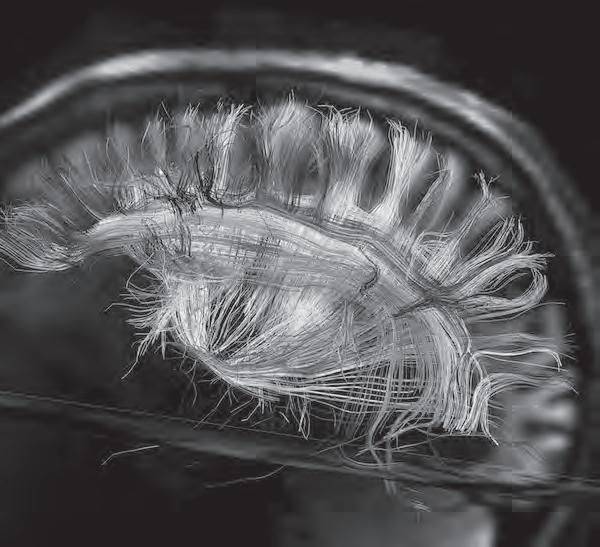
2 minute read
Welcome
Defining Death: Organ transplantation and the 50-year legacy of the Harvard report on brain death
A Message from the 2018 Conference Planning Committee Chair
Advertisement
The first heart transplant in late 1967 brought the promise of a revolutionary new approach to saving the lives of patients with irreversible organ failure. At the same time, rapid advances in the development of life-sustaining treatments raised questions about when the use of these technologies was no longer saving lives but merely prolonging death. Under the auspices of the Dean of Harvard Medical School and the leadership of Dr. Henry K. Beecher, in 1968 a Harvard committee suggested a solution for both of these problems, proposing a new definition of death – brain death – which would apply to “comatose individuals who have no discernable central nervous system activity.”
This new approach to defining death promised not only to relieve the burden of hopeless treatment from patients, families, and hospitals, but also to eliminate “controversy in obtaining organs for transplantation” by assuring that the organs would not be removed before the patient was dead. Over the next decade these ideas gained traction, and in 1981 the concept was endorsed by a President’s Commission and incorporated into the Uniform Definition of Death Act, a version of which has been adopted into law by all 50 states.
This conference will look back on the legacy of the Harvard report, examining both its tremendous success in creating a social consensus around defining death by neurological criteria, as well as the persistent controversies that have questioned the philosophical, theological, legal,
and empirical claims that it assumes. Finally, we will look to the future, and examine how new developments in gene-editing and other technologies may eliminate the need to procure organs from human donors at all, rendering the most important raison d’etre for the concept obsolete. In this light, perhaps the full legacy of the Harvard report is a story that remains to be told.
I am grateful to the members of the planning committee, who were essential in developing a program that we hope will be seen as both comprehensive and balanced, to the speakers, all of whom are international authorities in this field and, in many cases, important protagonists in the history itself. And finally, none this this would be possible without my colleagues at Harvard Medical School’s Center for Bioethics and our dedicated and professional staff. My hope is that this conference will helpfully advance our thinking around how we, as a society, define death.
Robert D. Truog, MD, MA
Director, Center for Bioethics, Harvard Medical School




